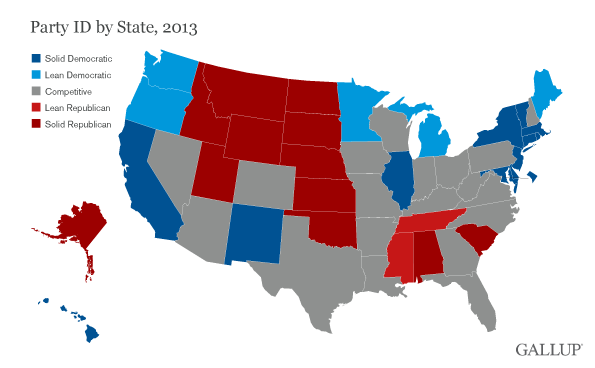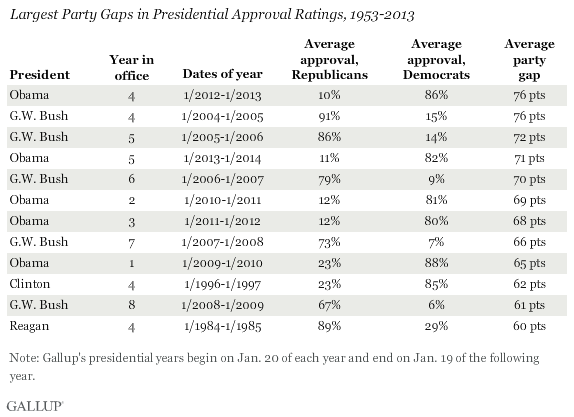Urbanization
The foreign-born population
My home town's machine.
Regulation of Parties
- Ballot Access News
- Election Law Blog
- A summary of state laws
- Qualification of political parties in California
- Counties
- Precincts and districts
Los Angeles County Democrats
Prec


